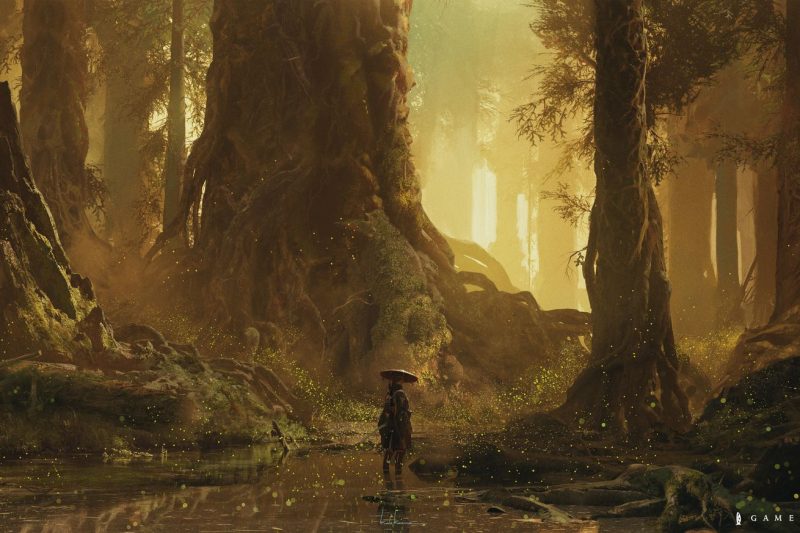Take-Two Interactive Software, the gaming giant known for titles like Grand Theft Auto and Red Dead Redemption, has made headlines recently with its decision to sell its indie games label, Private Division. This move has sparked discussions and speculation within the gaming community about the reasons behind this decision and what it could mean for the future of indie game development under Take-Two’s umbrella.
While Take-Two has not provided detailed explanations for the sale of Private Division, industry analysts suggest that this decision could be part of a strategic shift in priorities for the company. With the increasing focus on blockbuster AAA titles, Take-Two might be looking to streamline its operations and allocate resources more efficiently to its core franchises.
Private Division, founded in 2017, was envisioned as a publishing label dedicated to supporting independent developers and helping them bring their unique visions to life. The label has been behind successful indie titles such as The Outer Worlds and Kerbal Space Program, receiving critical acclaim for its commitment to fostering creativity and innovation in game development.
The decision to sell Private Division raises questions about the future of indie games within Take-Two’s portfolio. Will the company continue to support indie developers through other means, or is this a sign of a shift towards a more AAA-focused strategy? Indie games have carved out a significant niche in the gaming industry, offering fresh, experimental experiences that often push boundaries and defy conventions.
The sale of Private Division could also signal a broader trend within the gaming industry, with major publishers re-evaluating their relationships with indie developers. As the cost and complexity of game development continue to rise, indie studios face challenges in competing with the resources of larger companies. By selling off Private Division, Take-Two may be signaling a shift towards a more centralized approach to game development, focusing on established franchises and proven formulas.
However, it is essential to note that indie games are a vital part of the gaming ecosystem, providing diversity, innovation, and creativity that can sometimes be lacking in mainstream titles. Independent developers bring fresh ideas and perspectives to the table, often creating experiences that resonate deeply with players and challenge the status quo.
As the gaming industry continues to evolve, it will be crucial for companies like Take-Two to find the right balance between supporting indie developers and pursuing blockbuster titles. The sale of Private Division may mark the end of a chapter for Take-Two’s indie game label, but it could also signal the beginning of new opportunities for indie developers to thrive and innovate in an ever-changing industry landscape.
In conclusion, the decision by Take-Two Interactive Software to sell its indie games label, Private Division, has sparked discussions about the future of indie game development within the company and the broader gaming industry. While the reasons behind this decision remain ambiguous, it raises important questions about the role of indie games in the evolving landscape of game development and publishing. Only time will tell how this move will impact the indie gaming scene and whether other major publishers will follow suit in redefining their relationships with independent developers.

